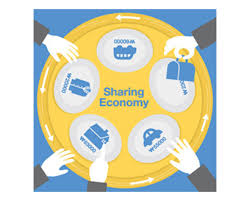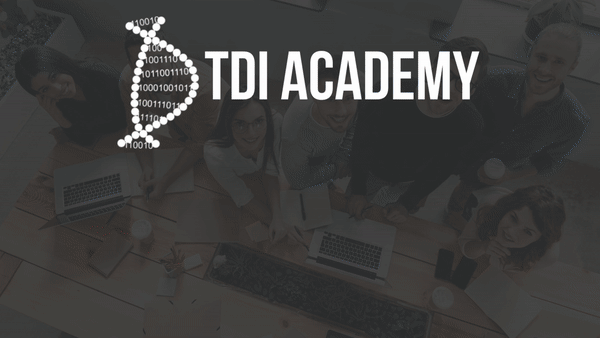The U.S. Sharing Economy – Mitsui Global Monthly Report
Article Synopsis :
“The New Normal: The US Sharing Economy” from Mitsui Global is a concise report on the emerging U.S. sharing economy.
The sharing economy refers to “an economic system based on the sharing of things that would otherwise be wasted, such as unoccupied spaces, vehicles, and goods, or even services.” The concept is not new. For example, to plow fields farmers would often borrow neighbors’ farming implements not in use.
That said, there is a big difference: the sharing economy, enabled by IT, is becoming big business. The U.S. sharing economy market is expected to reach approximately $350b by 2025.
With a smartphone, anyone has easy access to these goods and services. Because of this sharing is also highly disruptive. For example, Uber and Lyft, both headquartered in San Francisco, drove San Francisco’s largest taxicab company Yellow Cab, to file for bankruptcy at the beginning of 2016. In New York, the birthplace of the taxicab over 100 years ago, the number of Uber drivers now surpasses the number of taxi drivers. Ride sharing services are now available in 190 cities across the U.S.
While the Hilton Group spent 93 years amassing 610,000 rooms in 88 countries, Airbnb’s list of lodgings expanded exponentially to 650,000 rooms in 192 countries in just four years.
Notable sharing markets profiled in the report include:
- Private jets (e.g., JetSmarter) – most private jets have historically flown one way (return) empty
- Rental cars (e.g., Getaround) – the average private car is parked 22 hours a day
- Airport parking (FlightCar) – cars parked at airports are by definition idle and can be rented out
- Pet Hotels (DogVacay) – many pet lovers have the available capacity to ‘pet sit’ for much less than the $40-$60 per night typically charged by boarding kennels
Any asset, including bank deposits, is shareable; a low rate of utilization is key to scale expansion:
Link to Full Article:: click here
Digital Insurer's Comments
The “on-demand” (sharing) economy will transform the U.S. workforce and the P&C industry. Auto (personal and commercial), homeowners/renters, general liability, and workers compensation are all being impacted and we’re just getting started.Carriers have sought to keep as much liability as possible on the individual offering their (contracted) assets or labor. Long legislative court battles lie ahead—including determination of employee vs. independent contractor.
But the larger point, in our view, is despite massive resistance from incumbent stakeholders (e.g. taxi drivers) sharing services like Uber are winning because it’s what the people want. More options, more convenience, lower price. InsurTechs riding this trend, such as Friendsurance, Lemonade and Slice, are poised to become serious insurance players.
Link to Source:: click here


























































Comments